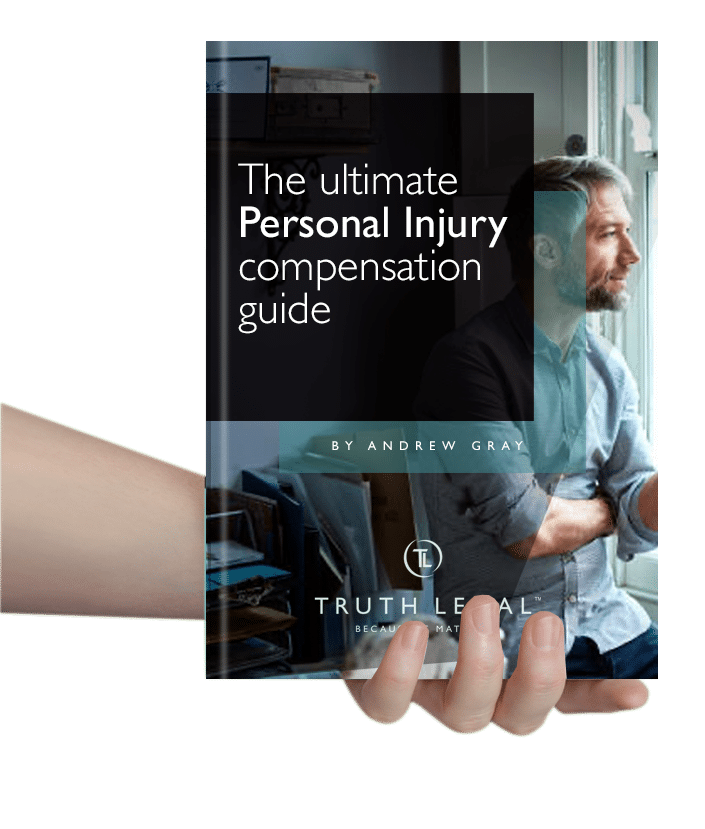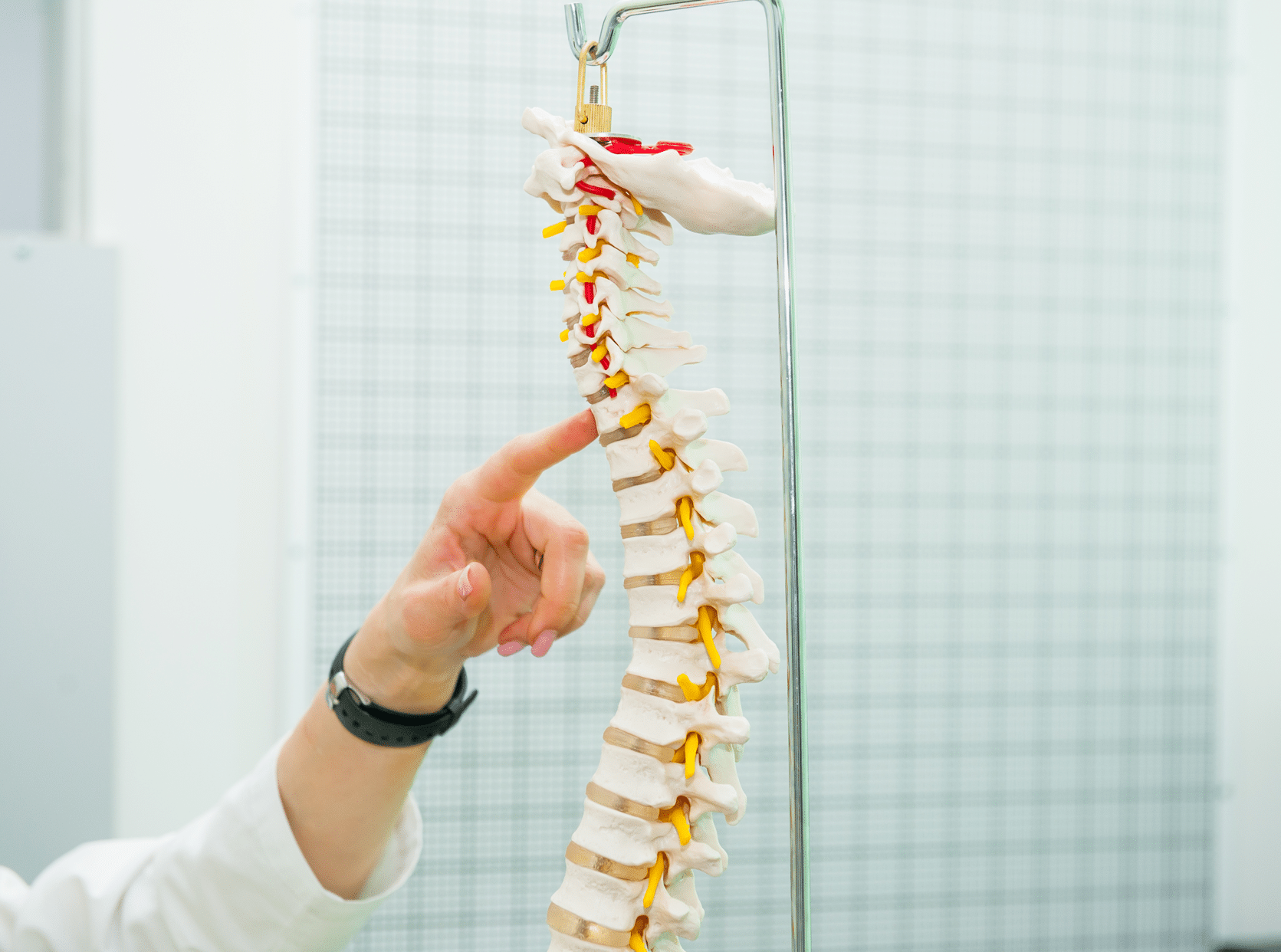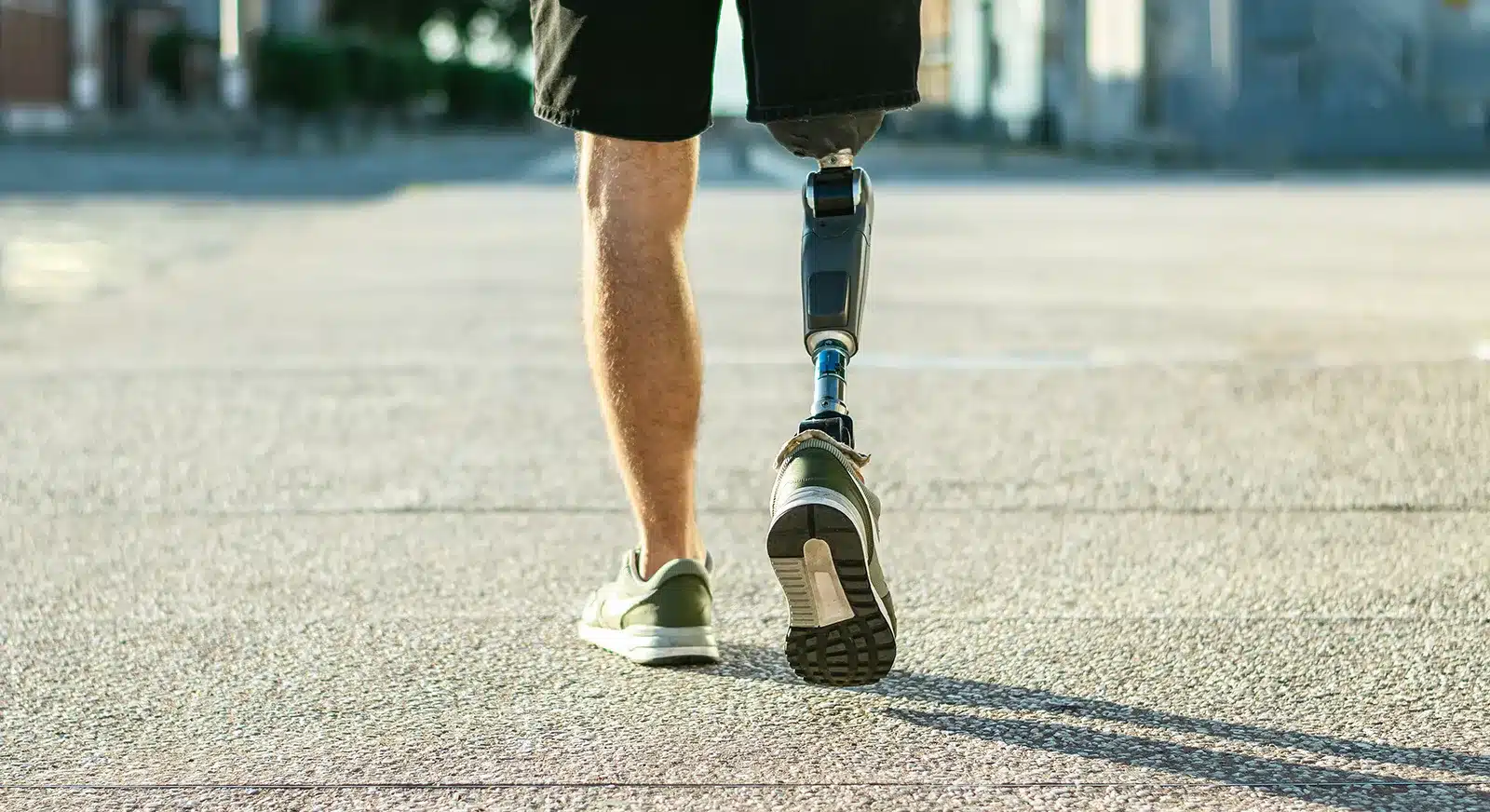If you have suffered a head injury and suffer long-lasting pain, you may be entitled to compensation. Truth Legal Personal Injury solicitors can help you make a claim for a head injury and secure the compensation you deserve.
Make your Head Injury Compensation Claim with Truth Legal
It can sometimes be difficult to assess the severity of a head injury. Symptoms which might indicate only a minor head injury could also point to something much more serious.
Particular symptoms to look out for include:
- Consistent headaches
- Loss of consciousness
- Fits or seizures
- Sensory problems – such as blurred vision or loss of hearing
- Nausea or vomiting
- Memory loss
Often it isn’t the injured person who realises that they have suffered a brain injury. Frequently it is the close friends and family who noticed the impact of the accident. If you have suffered a brain injury then it is imperative that you discuss your injuries with friends and family.
Any major trauma to the head inevitably risks causing damage to the brain or sensory organs. Such damage can have a huge impact on the quality of someone’s life, causing effects such as:
- Personality changes
- Reduced life expectancy
- Cognitive impairment
- Sensory deprivation – loss of sight, hearing, taste, smell, touch
- Comas
- Epilepsy
With any injury, the most important consideration is your health and wellbeing. A personal injury claim shouldn’t be your first consideration. This is true whether you are making a compensation claim or not. Given the potentially drastic consequences of head injuries, seeking medical attention becomes even more vital. Often the NHS discharge people with head injuries sooner than they should be. If you are in any doubt as to the medical opinion that you have received, obtain a second medical opinion.
Naturally, you want the best medical care possible to help with your recovery. When making a claim, you also want the best in legal expertise. Truth Legal can offer you that expertise due to the expertise, experience and approach of our Personal Injury Solicitors.
Head Injury FAQs
Why choose Truth Legal?
Our personal injury lawyers provide clients with exceptional service and legal support. Our excellent client reviews on Trustpilot and ReviewSolicitors speak for themselves.
Truth Legal is based in Harrogate, Hull and Leeds, with a presence in York, Manchester and London – and our personal injury team have represented hundreds of client nationwide.
We will listen to you, get to you know and be honest with you.
If you’d like to know more about claiming with us, read our blog:

























